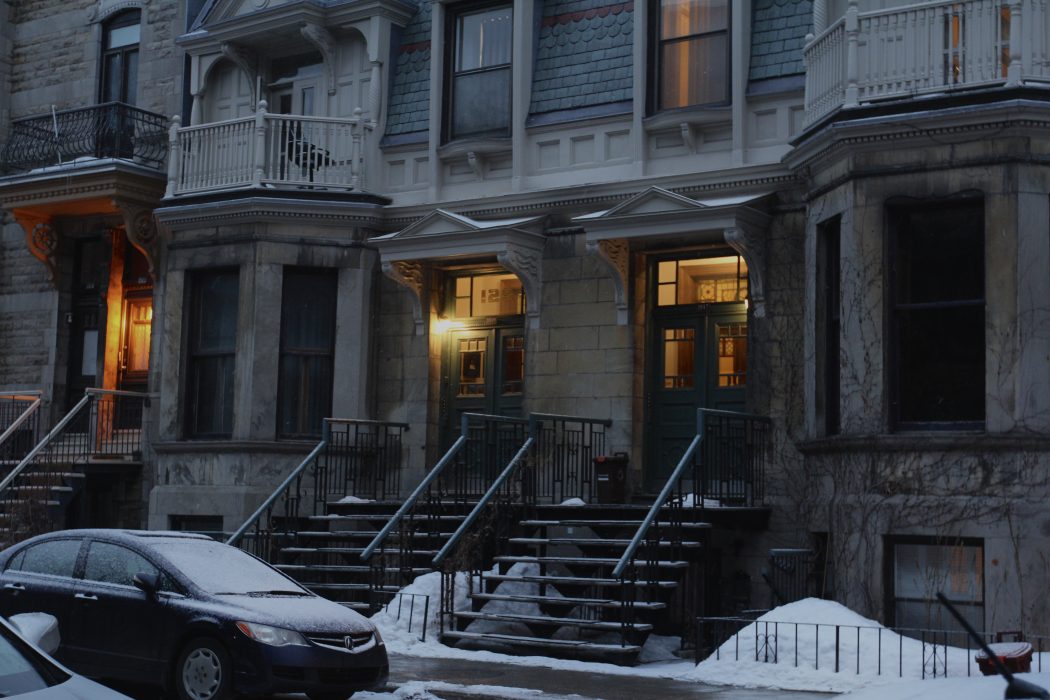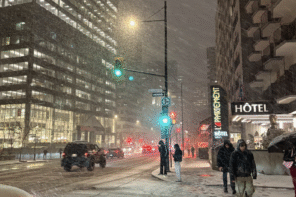Student residents of the Milton Park Community often live insular, McGill-centric lives. This insulation can breed ignorance to the fact that, while it is a student neighbourhood, it is also located in the middle of downtown Montreal: living in a major city comes with dangers, such as robbery, that residents should be mindful of.
The question remains however, beyond locking doors and windows, what can people do to better protect their homes? Extra security is an expensive and potentially time-consuming luxury that the typical student cannot afford. Furthermore, many landlords refuse to take action to assist students in ensuring that their apartments are protected because they are technically not required to under Quebec law.
Upon returning home one evening, U1 Chemical Engineering student, Julian Lewis, a resident of a six-person house in Milton Park, discovered that he and his roommates had multiple items missing from their rooms. Among the missing items were all of their laptops and a substantial amount of cash. “I came home around midnight and all of our doors were locked, but our basement window was wide open,” noted Lewis, recounting the experience.
Ethan Cox (U1, International Development), another resident involved in the aforementioned robbery, noted how his landlord simply stated that there was nothing he could do to add extra security measures to the house. Furthermore, an anonymous source who was also a victim to robbery in Milton Park, said that her landlord refused to add extra locking mechanisms to the window that the perpetrator had used as a point of entry.
According to the Criminal Code of Canada, breaking and entering, that is, entering a place with no authorization with intent to commit a crime, is an indictable offence which can result in a sentence of life imprisonment. Robbery is included under the definition of breaking and entering and, while seemingly unlikely, can still result in a life sentence for the perpetrator.
Extra security is an expensive and potentially time-consuming luxury that the typical student cannot afford.
Some may consider the severity of this punishment may lead people to believe it is a significant deterrent to potential robbers. However, without any form of preventative security measures, such as cameras, a perpetrator can easily avoid being caught, making these robberies substantially more low-risk for the robber than if they had targeted a dwelling with higher security.
According to the FBI Uniform Crime Reporting Statistics, there is a 300% increase in the likelihood of burglary if the dwelling lacks a home security system, something that is applicable to a large portion of residences Milton Park. A study found by UNC Charlotte also found that 60% of convicted perpetrators also reported that they would not have gone through with the burglary had there been some sort of alarm system in the residence (alarms.org).
Under Quebec law, landlords have the responsibility to ensure that the space being rented is habitable, and they are required to make any necessary repairs if it is not. However, this does not extend to the security of the home, and refers more to immediate hazards, such as heating and water. Unfortunately, this punishment often fails to deter robbers, and many students who rent apartments in the Montreal are left without legal protection of their homes.
“It was incredibly violating. The landlord refused to seal the point of entry and I wanted to move out,” said an anonymous source on her experience of having a home intruder. Ultimately, it is the legal responsibility of the tenants in Montreal to ensure that all points of entry to the residence are closed off when there is no one there.
While there is no real way to completely guarantee the security of one’s home, nor is there a way to hold anyone aside from the perpetrator legally accountable, there are precautions tenants are encouraged to take in order to lower their chances of burglary.









The Milton-Parc neighbourhood is actually only 1/3 students, and is not a “ghetto”. That terminology should be reserved for its historical implications, not to mention that it erases the huge amount of permanent residents in the area and implies the neighbourhood is poorly kept.
Hi Adam! Thank you so much for your comment. I’m the News Section Editor and I was actually just going to edit this article for that very thing. Somebody else already reached out as well who was upset because of this terminology, so we decided to change all mentions of it in the piece.